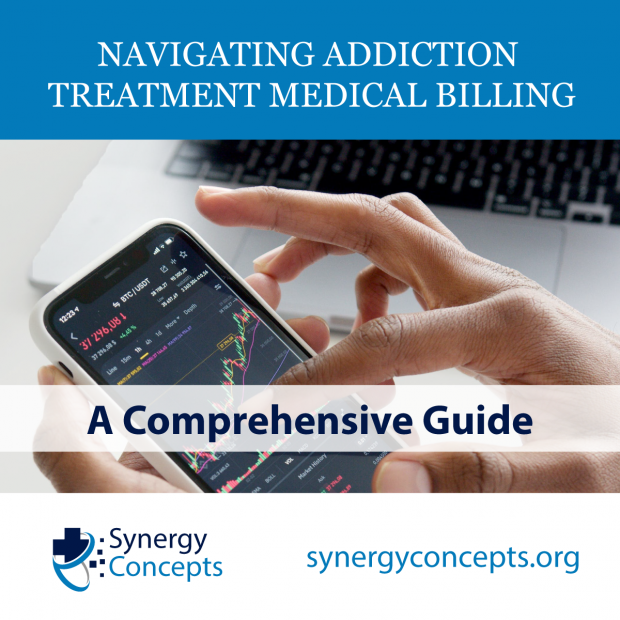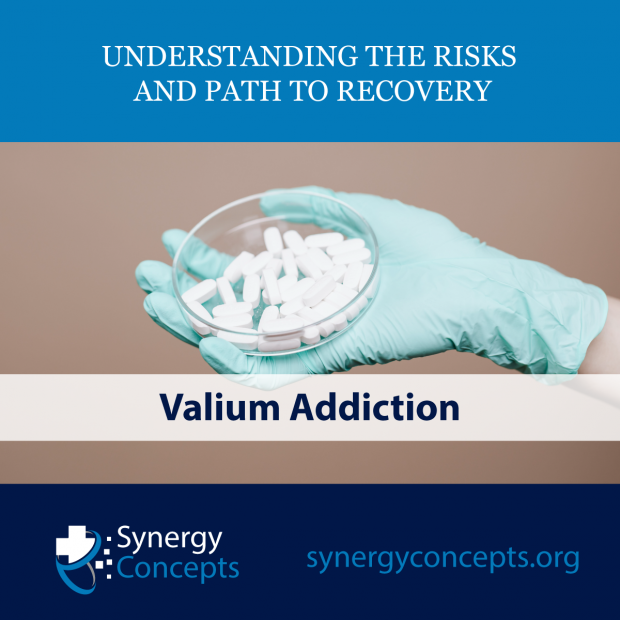Addiction is a complex and challenging issue that affects millions of individuals worldwide. As the demand for addiction treatment continues to rise, healthcare providers and facilities must navigate the intricacies of medical billing to ensure patients receive the care they need while maintaining financial stability. In this blog post, we will explore the key aspects of addiction treatment medical billing, including the unique challenges, best practices, and the role of technology in streamlining the process.
Understanding the Challenges
- Insurance Coverage
- Complex Billing Codes
- Compliance and Documentation
1. Insurance Coverage
One of the primary challenges in addiction treatment medical billing is navigating insurance coverage. Insurance providers often have specific criteria for coverage, including pre-authorization requirements, limitations on the number of treatment days, and restrictions on certain services or medications.
2. Complex Billing Codes
Addiction treatment involves a range of services, including assessments, counseling, medication management, detoxification, and residential or outpatient treatment. Each service requires accurate coding using the appropriate Current Procedural Terminology (CPT) and Healthcare Common Procedure Coding System (HCPCS) codes, which can be complex and time-consuming.
3. Compliance and Documentation
Compliance with federal and state regulations, such as the Health Insurance Portability and Accountability Act (HIPAA) and the Affordable Care Act (ACA), is crucial in addiction treatment medical billing. Providers must ensure proper documentation, including treatment plans, progress notes, and discharge summaries, to support claims and demonstrate medical necessity.
Best Practices for Addiction Treatment Medical Billing
- Verification of Benefits
- Clear Communication
- Accurate Documentation
1. Verification of Benefits
Before initiating treatment, it is essential to verify patients’ insurance coverage, including the level of benefits, deductibles, co-pays, and any limitations or exclusions. This helps avoid surprises and allows for accurate financial planning.
2. Clear Communication
Effective communication between healthcare providers, patients, and insurance companies is vital. Providers should clearly explain the treatment plan, expected costs, and any potential out-of-pocket expenses to patients. Additionally, maintaining open lines of communication with insurance companies can help resolve any billing issues promptly.
3. Accurate Documentation
Detailed and accurate documentation is crucial for successful addiction treatment medical billing. Providers should ensure that all services rendered are properly documented, including the diagnosis, treatment plan, progress notes, and any changes in the patient’s condition. This documentation serves as evidence of medical necessity and supports reimbursement claims.
The Role of Technology
Technology plays a significant role in streamlining addiction treatment medical billing processes. Here are a few ways technology can simplify the billing process:
- Electronic Health Records (EHR)
- Revenue Cycle Management (RCM) Software
- Integration with Insurance Systems
1. Electronic Health Records (EHR)
EHR systems allow providers to maintain comprehensive patient records, including treatment plans, progress notes, and billing information. These systems streamline documentation, reduce errors, and facilitate accurate coding and billing.
2. Revenue Cycle Management (RCM) Software
RCM software automates billing processes, including claims submission, payment posting, and denial management. These tools help providers track claims, identify and resolve billing errors, and optimize revenue collection.
3. Integration with Insurance Systems
Integration between healthcare providers’ systems and insurance companies’ platforms can streamline the verification of benefits, claims submission, and payment processes. This integration reduces manual data entry, minimizes errors, and accelerates reimbursement.
Navigating addiction treatment medical billing can be a complex and challenging task. However, by understanding the unique challenges, implementing best practices, and leveraging technology, healthcare providers can streamline the billing process, ensure accurate reimbursement, and focus on providing quality care to individuals struggling with addiction. By optimizing the financial aspect of addiction treatment, providers can contribute to the overall success of patients’ recovery journeys.
Check out our services and solutions. We’d love to partner with you!













Leave a Reply